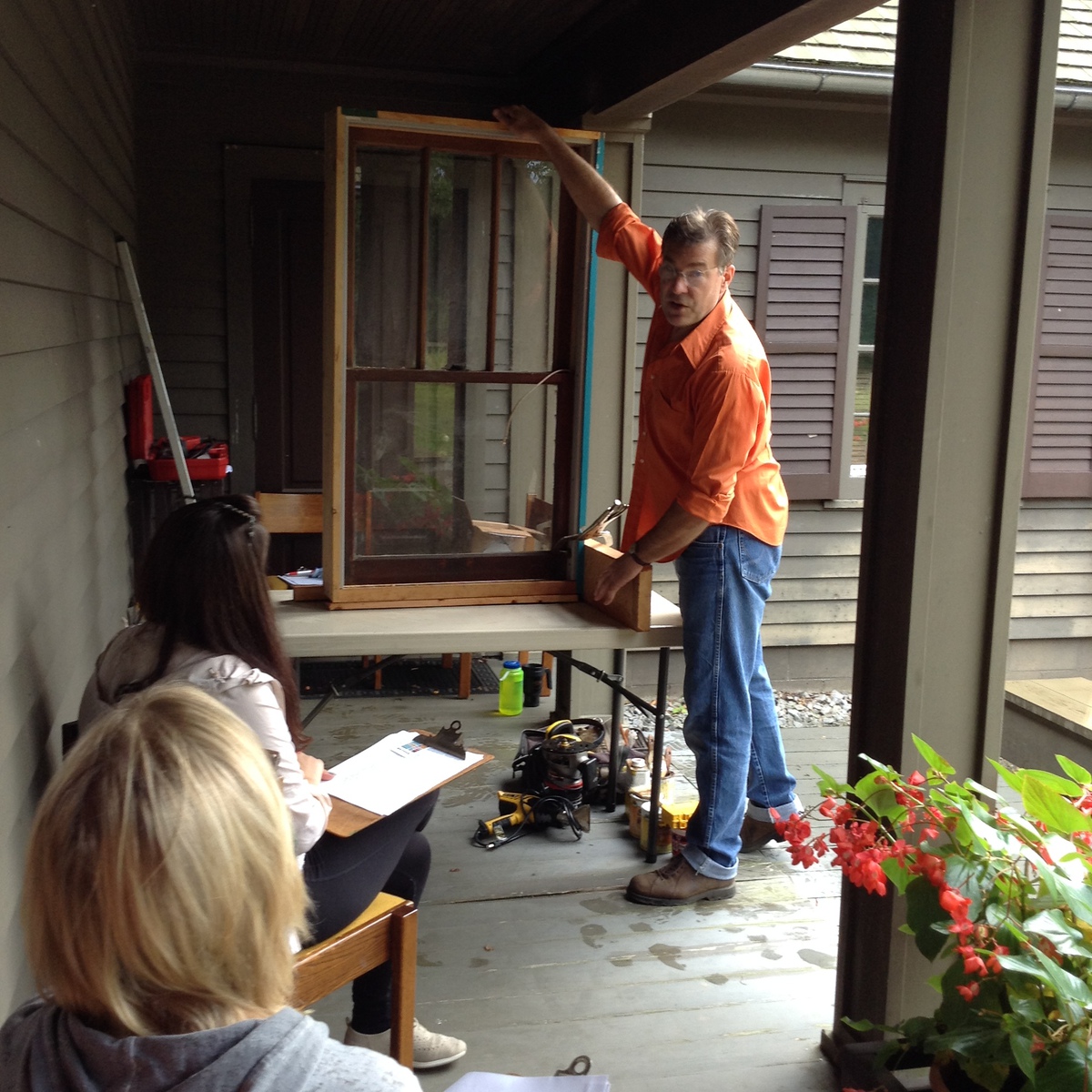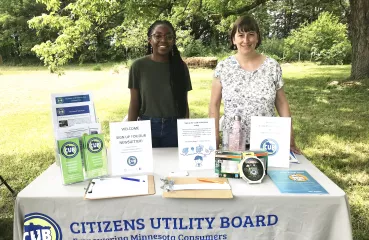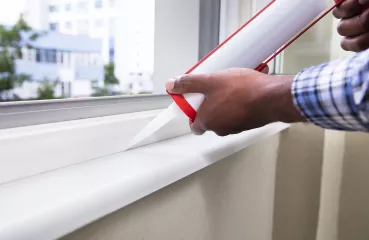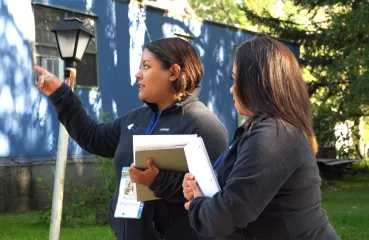In total, more than 60 participants attended the four events, with most expressing a desire to participate in more classes. Workshop participants’ knowledge and backgrounds were diverse, however, which prompted the organization to consider a tiered approach to its curriculum and class offerings in the future.
“We found that attendees often come from different backgrounds and comfort levels with home [and] property owner improvements, ranging from those who hardly ever use tools to those who work in the industry or have tackled property improvement projects on their own,” Heneghan said.
Drawing on this, the team wants to create a tiered curriculum in the future that would “provide classes to beginners as well as more seasoned do-it-yourself rehabbers.”
In addition to adapting across different skill levels, the Rethos team also learned from adapting their curriculum to an online format as a result of the COVID-19 pandemic.
“We learned that, if we are planning to do webinars in the future, we need to tailor the curriculum to better fit the format,” Heneghan said. “Just transplanting our in-person curriculum to a webinar was clunky at times and less efficient than a purely webinar focused curriculum would have been.”
For future webinars, the team plans to include more videos, which served as great introductions to each new energy efficiency topic and provided an engaging break between standard presentation-based content. Indeed, the recent workshops were “just the beginning” of the organization’s energy efficiency curriculum.
“We have already planned a curriculum to cover additional topics, including roofing, insulation, plaster repair, and how to conduct a self-energy audit,” Heneghan said.
The project is helping move Rethos beyond the classroom and workshop format, as well. In the months and years ahead, the team will continue planning broader, statewide initiatives to grow awareness about these topics and the environmental sustainability of building rehab.






